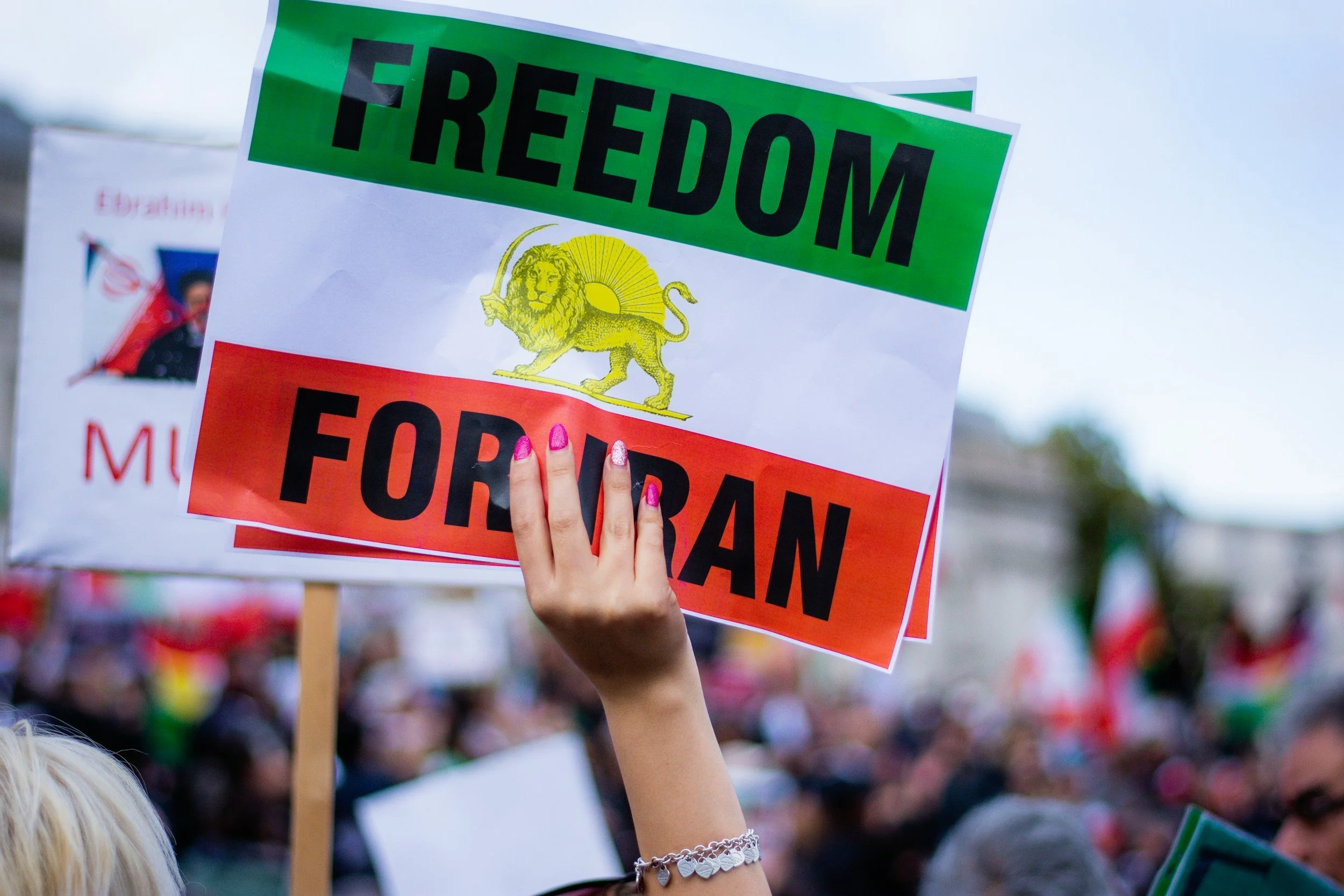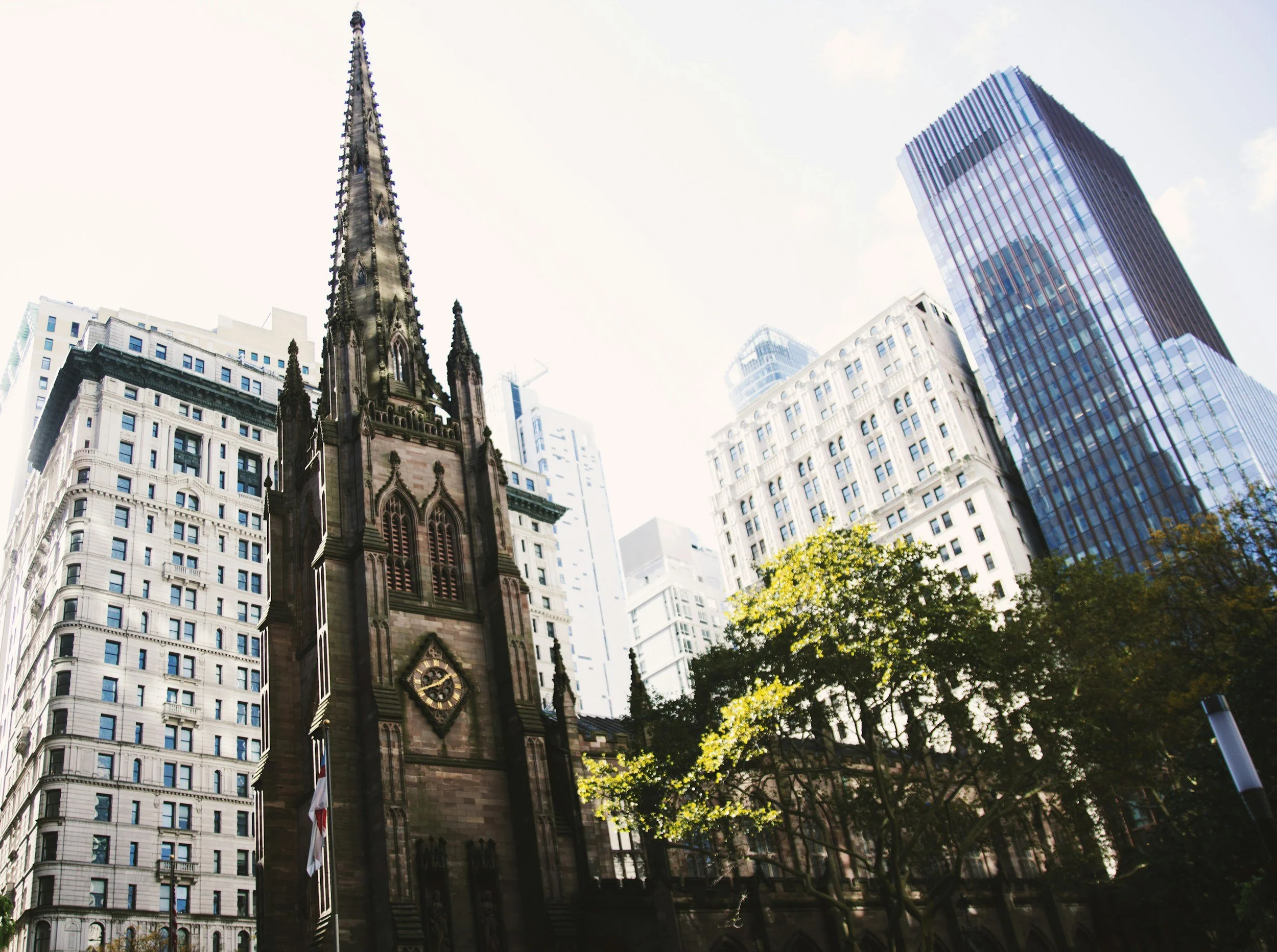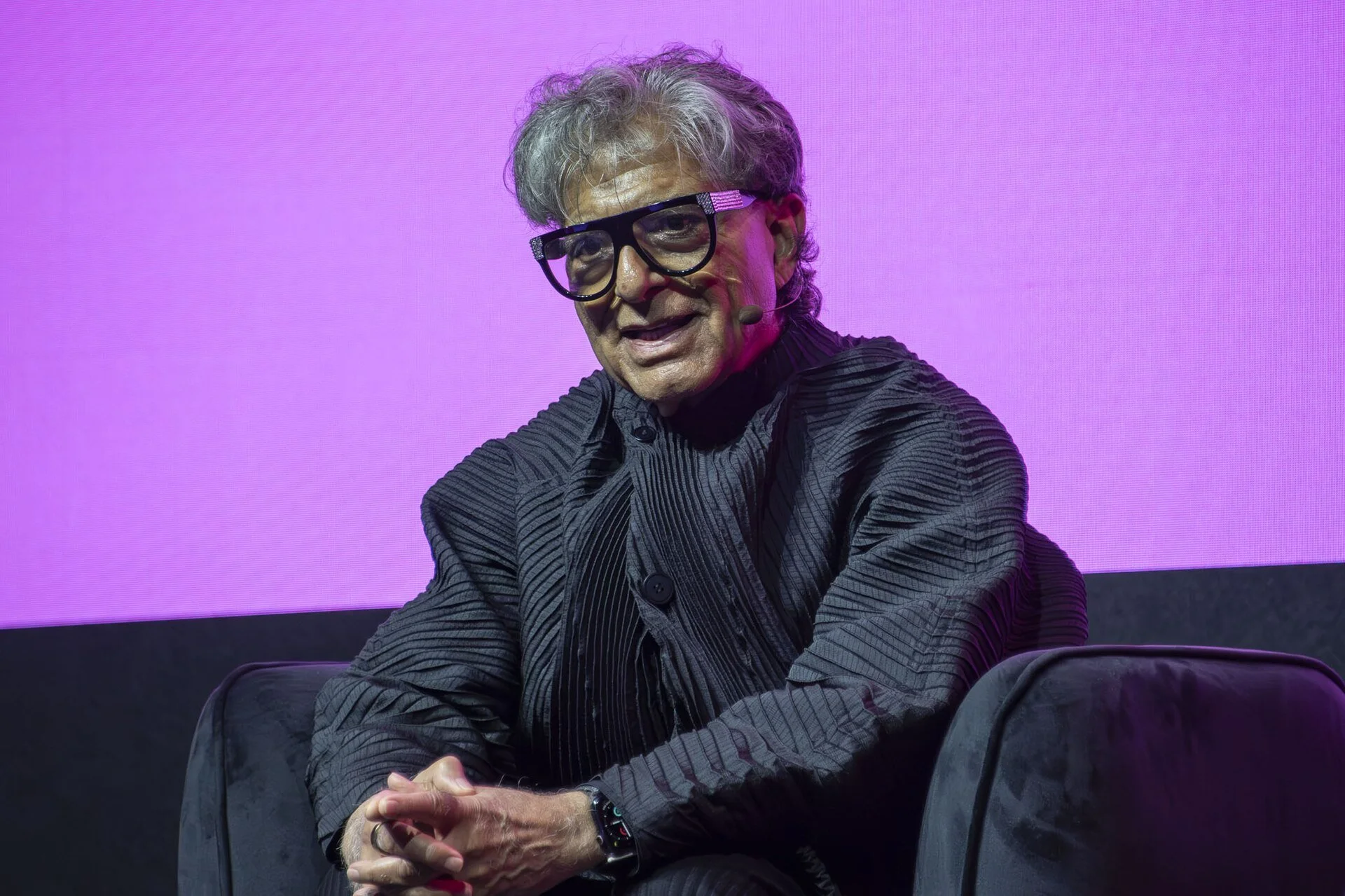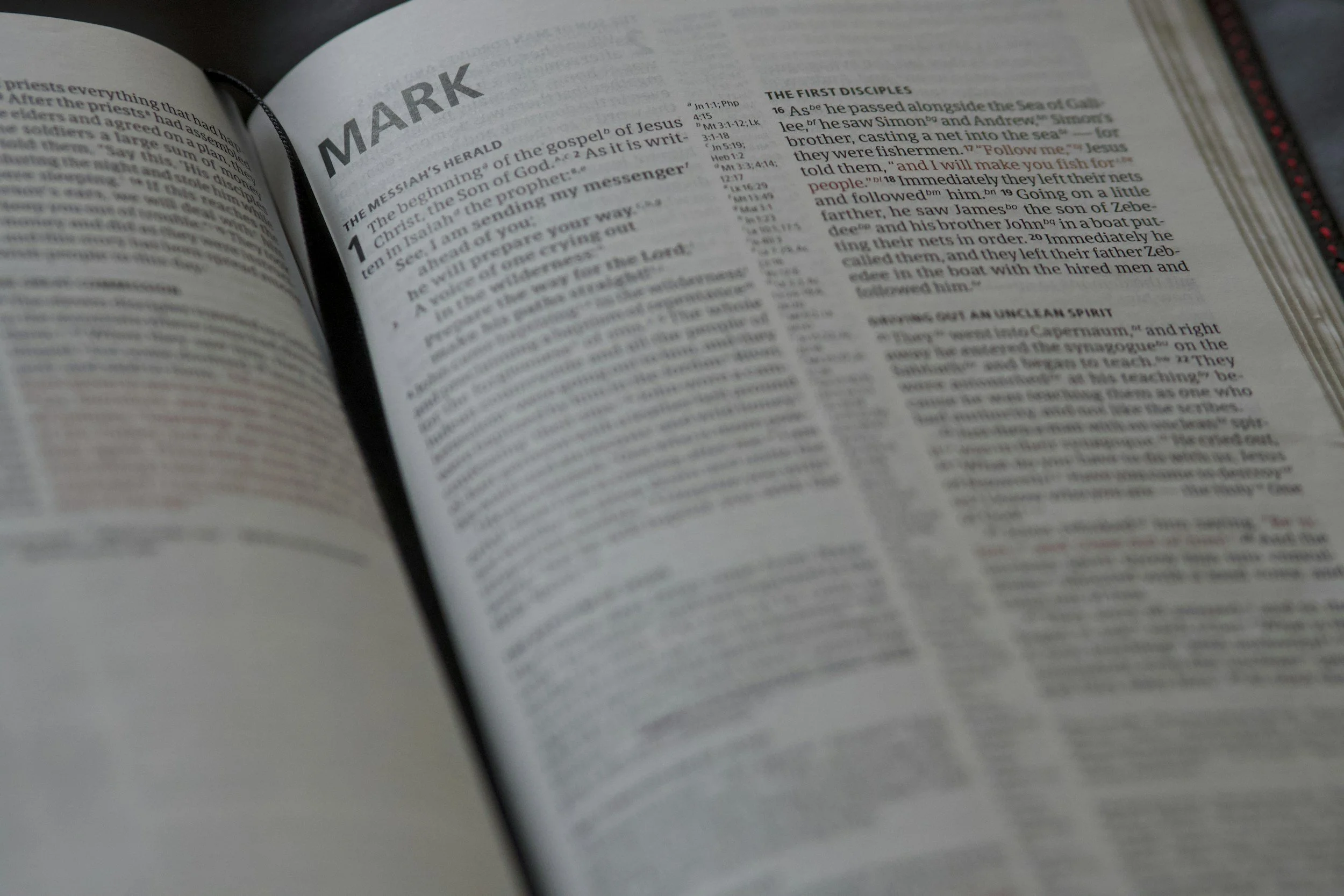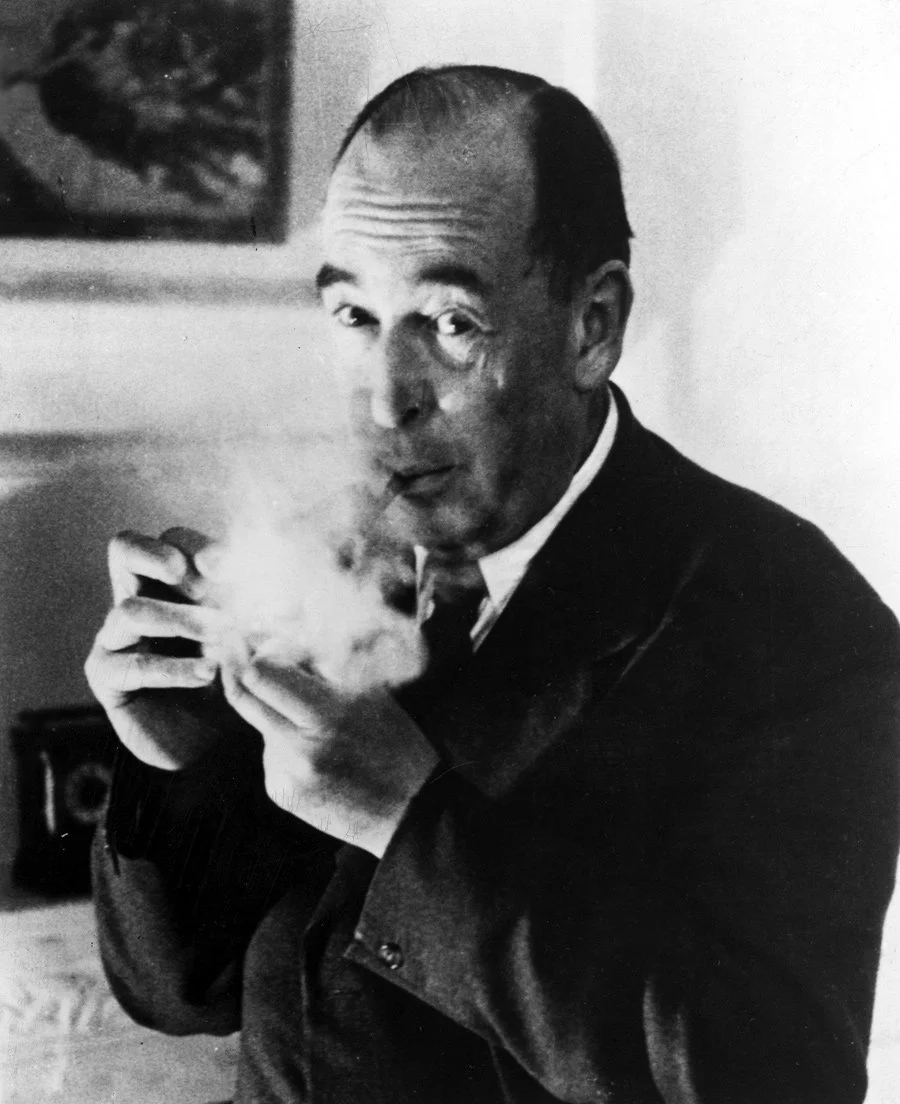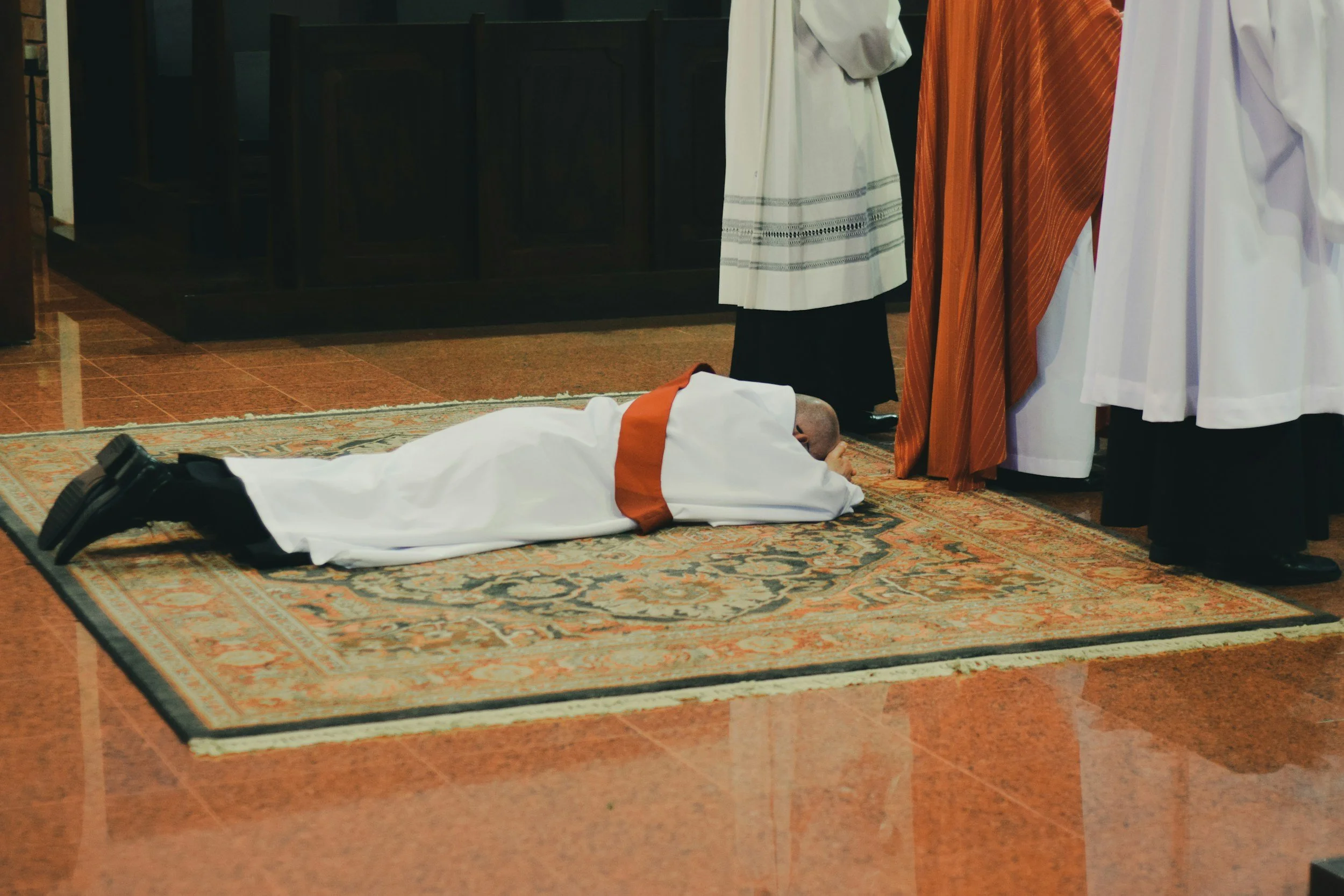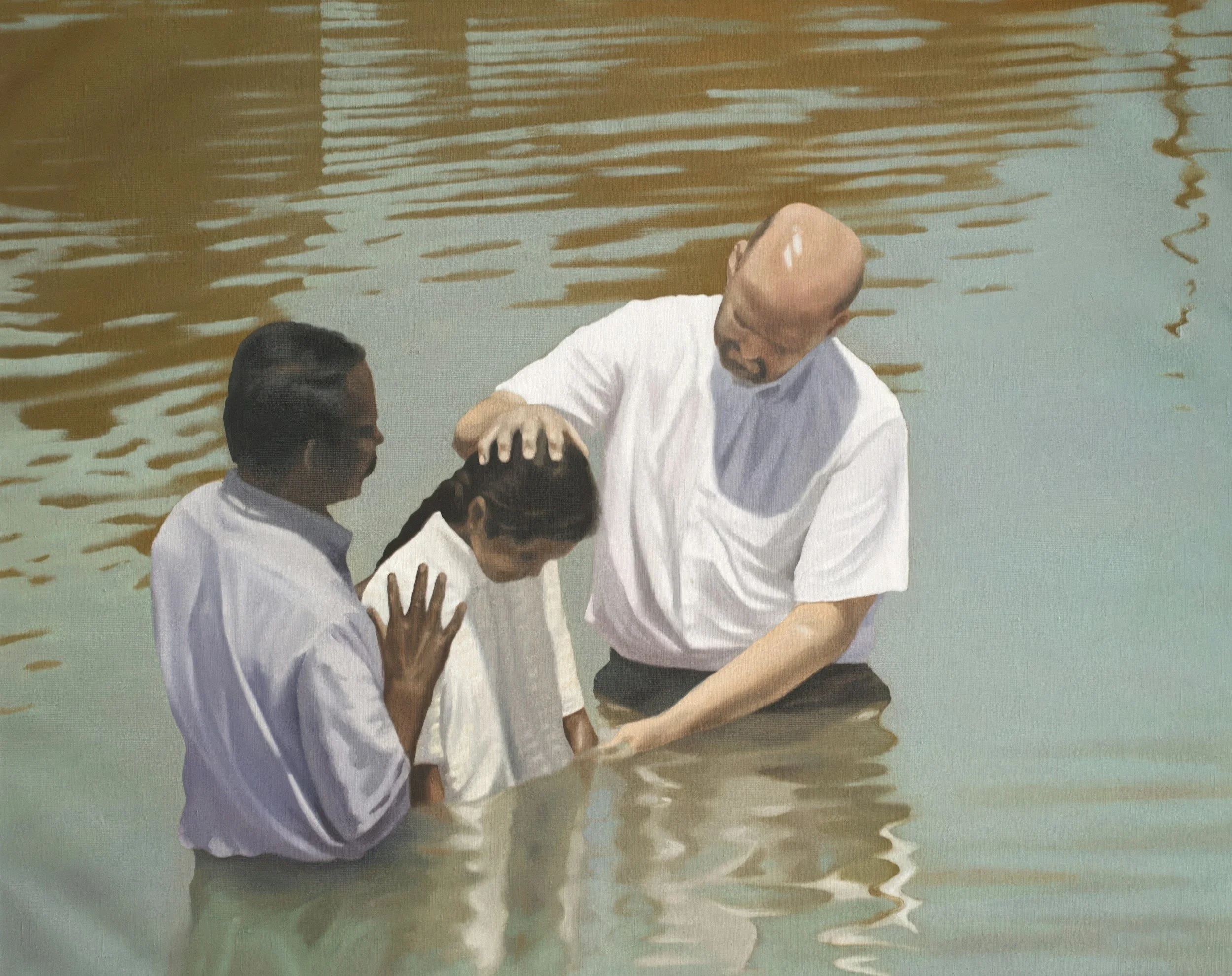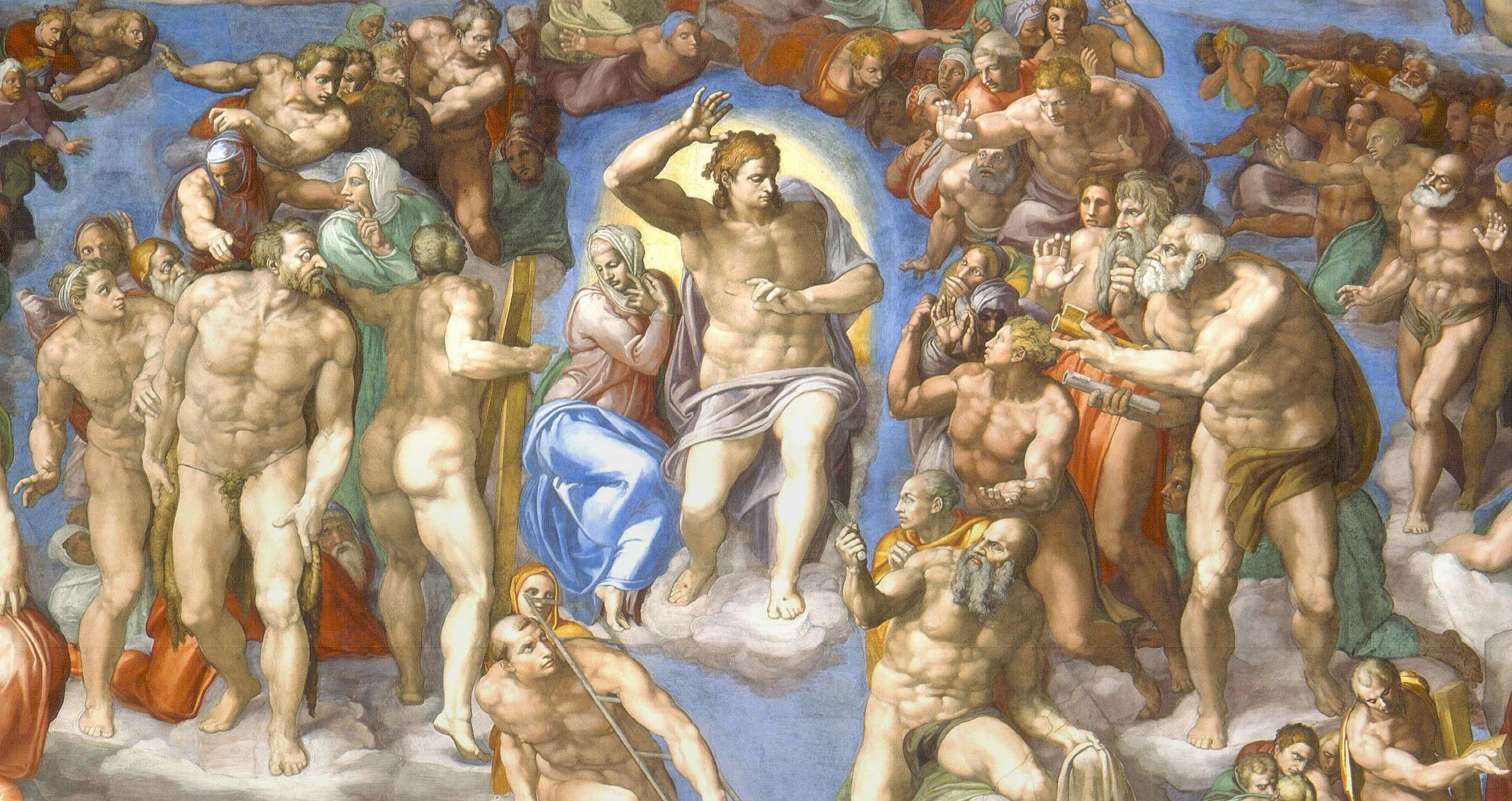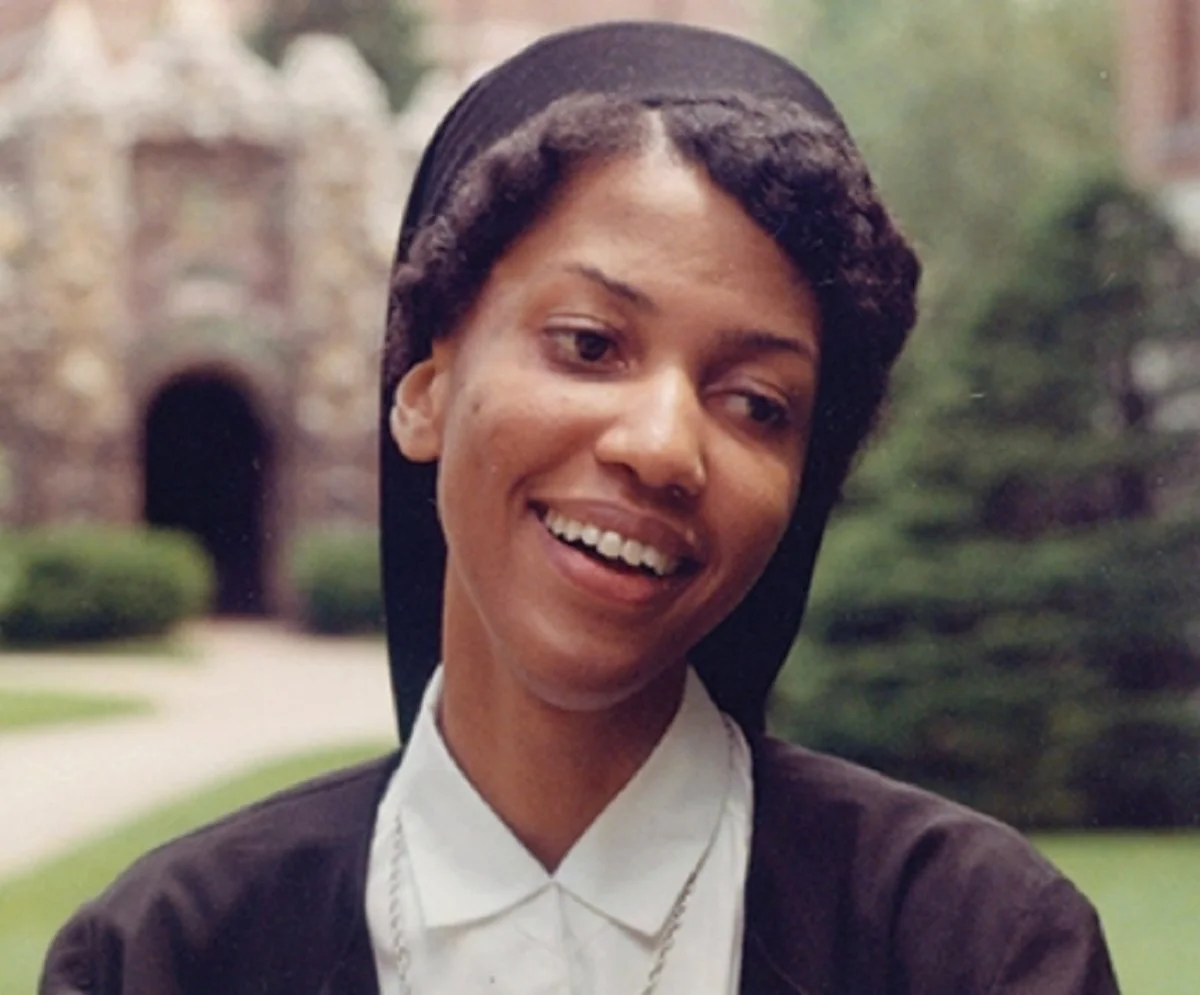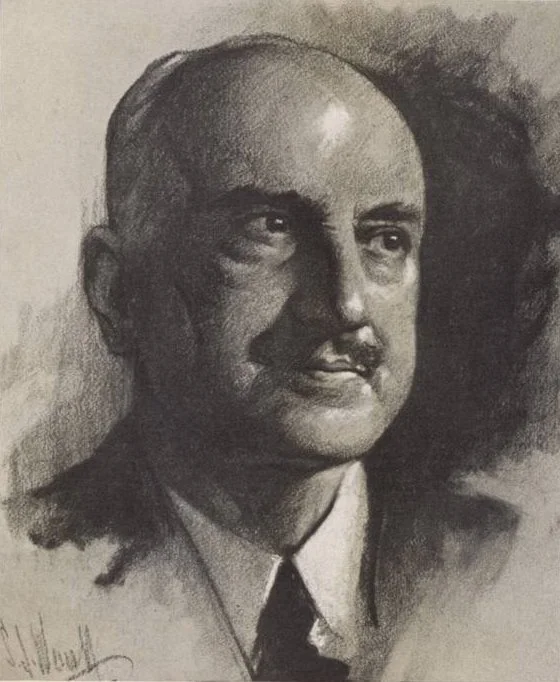The residents of Jeju Island remember what it is like to resist imperialism and outside interests. Groups that were formed to protest the U.S. naval base construction have now shifted their focus to seek peace in Palestine following the year-long Israel-Gaza war.
Read More(ANALYSIS) Three rounds of nuclear talks between the U.S. and Iran failed to persuade President Trump that a solution to the nuclear impasse lay in diplomacy, rather than military action. A perceived lack of progress on Feb 26, was enough to prompt Trump to green-light a massive onslaught of missiles that has degraded Iran and killed Ayatollah Ali Khamenei.
Read More(ANALYSIS) An intriguing religious issue is raised by an odd space-age colloquy in mid-February between Barack Obama and Donald Trump. Out of the blue, political podcaster Brian Tyler Cohen asked Obama, “Are aliens real?” He immediately replied, “They’re real, but I haven’t seen them” and he knows of no proof that extraterrestrials exist.
Read More(ANALYSIS) Imagine a world where crimes are stopped before they even take place. Science fiction has imagined this world, most famously in the 2002 film “Minority Report,” where society can predict criminal acts and allow authorities to intervene in advance. Thanks to AI, this dystopian reality could be coming to your neighborhood in the not-so-distant future.
Read More(ANALYSIS) The joint U.S.–Israeli strike on Iranian targets on Saturday marked a dramatic escalation in the decades-long confrontation with the Islamic Republic — and raised two profound questions: Is this a real attempt at regime change? What would that mean for religious freedom inside Iran?
Read More(ANALYSIS) Recent events in Minnesota have exposed a thin understanding of religious freedom, reducing it to boundary enforcement rather than sustaining institutions that form moral life. The moment calls for deeper discernment: protecting worship without criminalizing dissent.
Read More(ANALYSIS) Be warned — this one is super nerdy and goes very deep into the weeds of survey methodology. I want this newsletter to be really accessible to the average American, but I think it’s helpful every once in a while to pull back the curtain on stuff that I see in the data that just doesn’t sit right with me.
Read MoreIt’s also important that this unconventional religious leader’s social ties to Epstein continued long after the financier became a convicted sex offender, after he pled guilty in 2008 to soliciting prostitution from an underage girl.
Read MoreFormer U.S. Sen. Ben Sasse reflects on his pancreatic cancer diagnosis and limited prognosis. In a Hoover Institution interview, Sasse speaks candidly about pain, mortality and Christian hope, urging believers to face death without despair while serving others with whatever time remains.
Read More(ANALYSIS) Of Jesus’ 12 disciples, Saint Peter is one of the most important. In the Book of Matthew, Jesus declares that Peter is the “rock” on which “I will build my church.” Catholic tradition considers him the first pope. Martyred in the first century, Peter asked to be crucified upside down so he would not die the same way as Christ. That story, however, is not in the Bible.
Read MoreLewis’s 1945 novel “That Hideous Strength” was marketed as fiction, but it read like more like a prophecy. Lewis’ warning at the time cuts deep for modern-day readers. The danger is not artificial intelligence itself. The danger, Lewis argues, is what happens when humans regard tech tools as oracles. It’s about what happens when humanity stops kneeling before God and starts bowing to its own tools.
Read More(ANALYSIS) What do you envision when you think of meekness? You probably see a mousy doormat, someone sheepishly acquiescing to the will of the stronger. When Jesus says, “Blessed are the meek, for they shall inherit the earth,” you might think that those wimps will hand it over without a whimper or word of objection to stronger, more ambitious people.”
Read MoreThe Fifth Circuit ruled in Roake v. Brumley that Louisiana may proceed with its Ten Commandments school display law, holding that challenges are premature because no specific display yet exists. The court did not decide on the constitutionality, stressing that any judgment depends on the context and implementation of future displays.
Read More(ANALYSIS) After 188 years of illustrious efforts worldwide, the PCUSA’s foreign mission agency is disbanding. The denomination said it would no longer dispatch a corps of career missionaries overseas, though it will continue to aid international partners.
Read More(ANALYSIS) Understanding others requires charitable interpretation: Seeing them as protagonists doing their best within imperfect circumstances. While we can misjudge by overlooking faults or inventing virtues, it is often worse to dismiss others outright. Balancing agency and generosity fosters humility, productive disagreement and cooperation across personal, cultural and political divides.
Read More(ANALYSIS) Respondents were first asked the standard question: “What is your present religion, if any?” They were given about a dozen response options, ranging from Protestant to Catholic to Jewish to agnostic. After answering that question, respondents were given a follow-up battery that asked: “Aside from religion, do you consider yourself to be any of the following in any way (for example, ethnically, culturally, or because of your family’s background)?”
Read More(ANALYSIS) Michelangelo’s “The Last Judgment” in the Sistine Chapel will undergo a three-month restoration. The monumental fresco, completed in 1541, is famed for its dramatic imagery, bold nudes and layered Christian and pagan symbolism. A digital reproduction will be displayed to visitors during conservation work.
Read MoreAs the Diocese of Jackson advances Sister Thea Bowman’s cause for sainthood, Catholics reflect on her prophetic witness. A Mississippi teacher, scholar and evangelist, she challenged the church to recognize Black faith and everyday holiness — urging believers to see saints not only in Rome’s past, but in their own families.
Read More(ANALYSIS) It’s become my hobby horse at this point — non-denominational Protestant Christianity. I swear, it’s somehow gotten more legs than the “nones” in the larger cultural discussion about religion.
Read More(ANALYSIS) People love to talk about “profound” philosophers. Socrates with his questions. Nietzsche with his hammer. Marx with his systems. But George Santayana rarely gets the same reverence, despite the unsettling precision of his view of modern life. Santayana is hard to place, which may be why he is often skipped.
Read More




